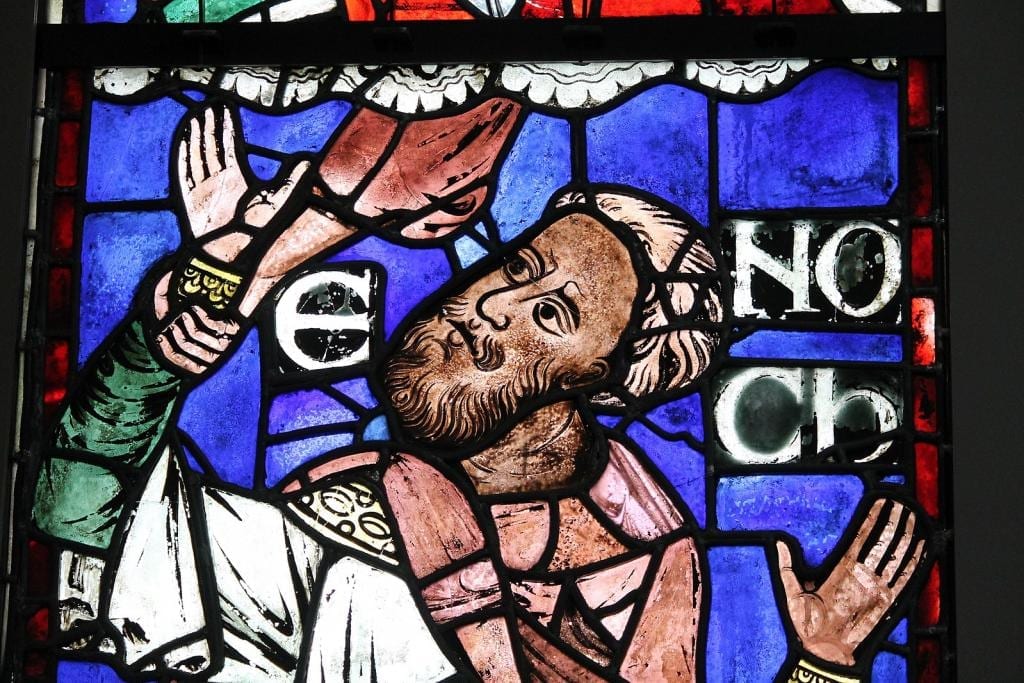
New, on the website of the Interpreter Foundation:
Part of our book chapter reprint series, this article originally appeared in In God’s Image and Likeness 2: Enoch, Noah, and the Tower of Babel (2014) by Jeffrey M. Bradshaw and David J. Larsen.
Abstract: This chapter on Genesis 10 demonstrates that it is more than account of a succession of generations. Represented to us in the subtle genius of the narrative is a divine purpose guiding the development and differentiation of the families of mankind — a preparation for the people Israel. A final section illustrates the symbolism of the role of the Twelve and the Seventy in their responsibilities for gathered Israel and the nations of the earth.
***
On pages 105-130 of the book, Eric Metaxas, Life, God, and Other Small Topics: Conversations from Socrates in the City (New York: Plume/Penguin, 2011) features a transcript of a New York City speech by the late Father Richard John Neuhaus (1936-2009) bearing the provocative title “Can An Atheist Be a Good Citizen?” From it, I extract a quite provocative passage:
We may safely assume that the great majority of those who say they are atheists abide by the laws, pay their taxes, and may even be congenial and helpful neighbors. But can a person who does not acknowledge that he is accountable to a truth higher than the self — a truth that is not dependent upon the self — really be trusted?
John Locke, among many, many other worthies, thought the answer to that was no. However confused was Locke’s theology, he and others were sure that the social contract was based upon nature, based upon the way the world really is. They were convinced that respect for a higher judgment, even an eternal judgment, was essential to good citizenship. It follows that an atheist could not be trusted to be a good citizen, according to Locke and others, and therefore could not be a citizen at all. Locke is rightly celebrated as a champion of religious toleration but not of irreligion. John Locke wrote, “Those are not at all to be tolerated who deny the being of a God” — this in his famous letter concerning toleration. “Promises, covenants and oaths, which are the bonds of human society, can have no hold upon an atheist. The taking away of God, through but even thought, dissolves all.” The taking away of God dissolves all. Every text is susceptible to become pretext; every interpretation, a strategy; and every oath, a deceit. (119, italics in the original)











